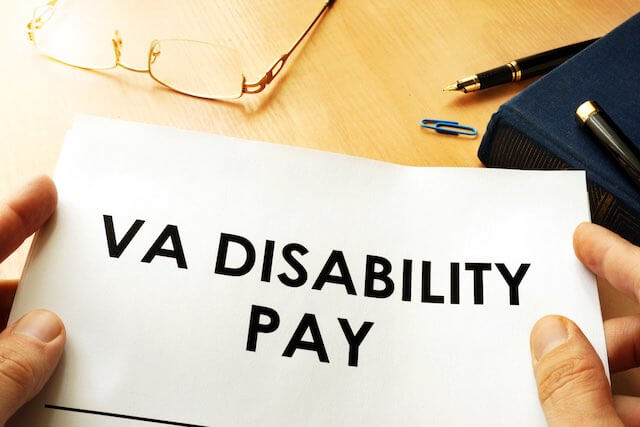Recently introduced legislation would protect veterans from overpayment debt resulting from errors made by the Department of Veterans Affairs in the disbursement of monthly benefits.
The bill was introduced by Congressman John Delaney (D-MD) and is known as the Veteran Debt Fairness Act (H.R. 7144). Similar legislation was introduced in the Senate earlier this year (S. 2341) by Jon Tester (D-MT).
According to Delaney, veterans are currently subject to incurring unexpected expenses through no fault of their own if the VA inadvertently issues overpayments on their monthly benefits. When this happens, the VA can then withhold some or all of a veteran’s benefit, without limitation, including monthly disability payments. Since the payments are on an automatic monthly schedule, they sometimes are not identified immediately, meaning the larger debts accumulate over time.
Delaney says this is unacceptable for veterans living on a fixed income and can lead to an “undue hardship” in their day-to-day living situation.
“Our veterans have sacrificed enough for our nation,” said Congressman Delaney. “The least we can do is ensure they don’t have their financial wellbeing threatened by other people’s errors. This is just one small way we can show our appreciation for their service and provide some certainty in their financial planning.”
The bill would require the VA to:
- Conduct a secondary review when the overpayment total is above $2,500 and creates an administrative 120-day process through which veterans can dispute debt;
- Conduct audits to determine the frequency of VA errors resulting in overpayments and how that is affected by vacancies at the Veterans Benefits Administration (VBA); and
- Provide veterans with a way to update dependency information on their own, eliminating a common delay that can affect a veteran’s benefits.
As of the time of this writing, the Congressional Budget Office had not published a cost estimate of either Delaney’s bill or the companion bill introduced by Tester in the Senate to estimate what the cost of enacting the legislation might be to the federal government.



